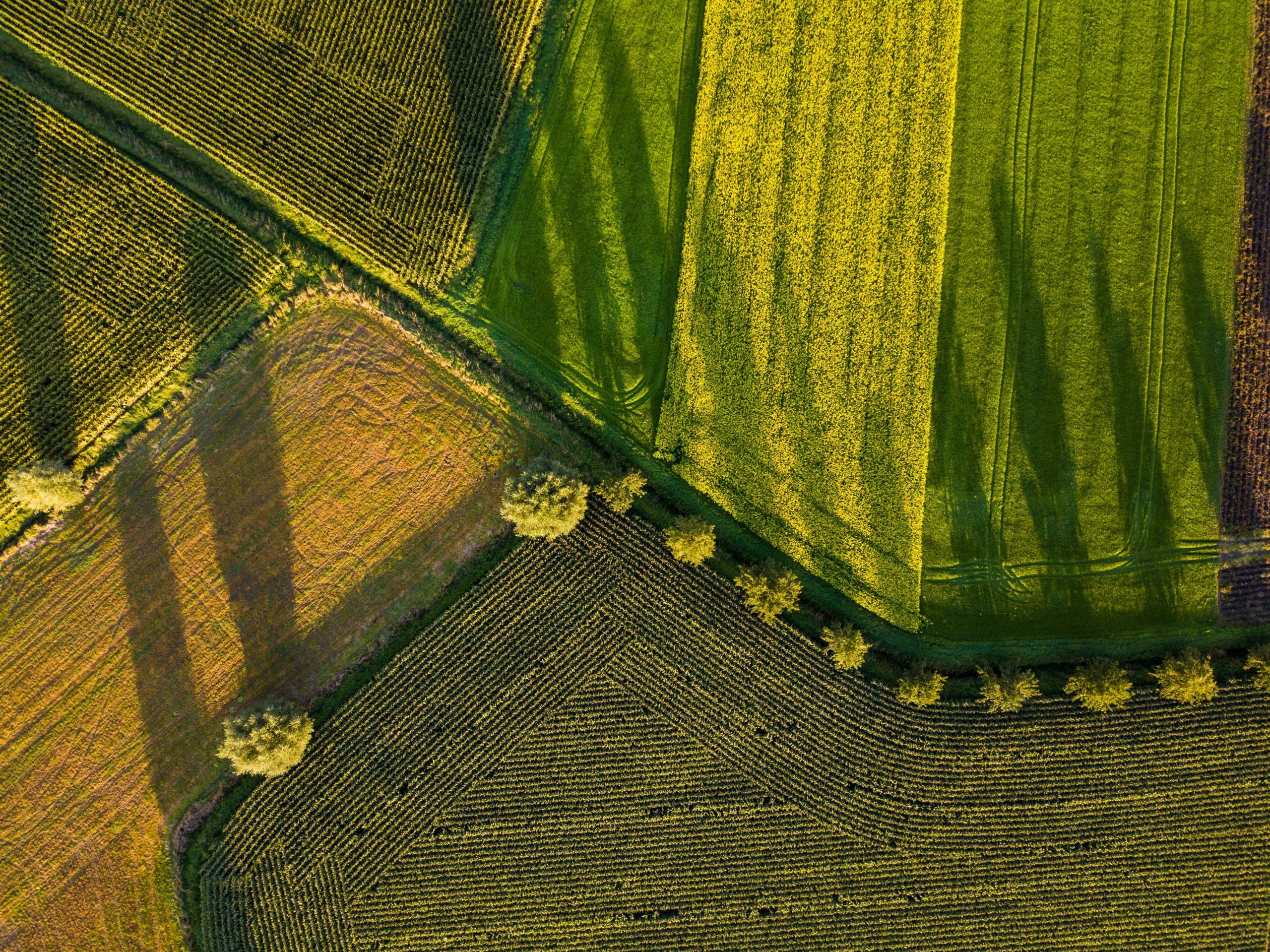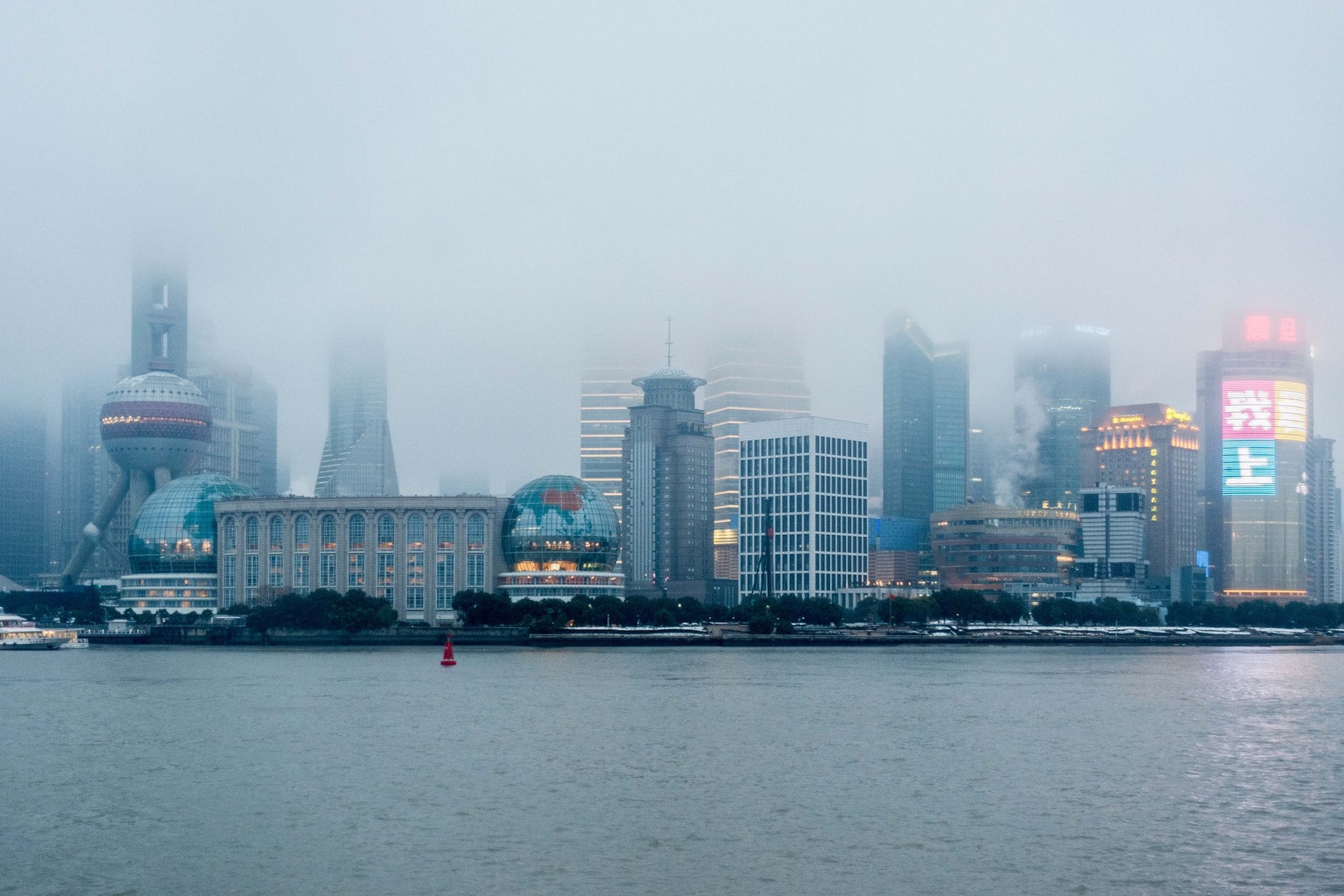Climate change threatens to aggravate disadvantaged conditions in already vulnerable communities and minorities. Among those, youth will be disproportionately affected by the climate crisis, from the increasingly volatile labour market to environmental conditions that will undermine their health.
However, young generations have raised their voices to ask for climate justice, which will not only hold those truly responsible to account but will also ensure that the principle of intergenerational justice is guiding the climate agenda. Youth is one of the most impacted social categories but also part of the solution. The recent global strikes have testified to their will to engage in the energy debate.
Young people are resourceful communicators and act as multipliers of knowledge within society. They have powerful means that previous generations did not have and now they are taking to these channels to make their voices heard amidst climate deniers and misinformation.
To support them in positioning themselves as key stakeholders in the climate debate, the scientific community can provide didactic materials to help them make informed choices. A great variety of educational programs is offered by the CMCC, including the Future Earth Research School, holding high-level courses to understand and anticipate future global environmental challenges. Other tools such as games, peer to peer networks and contests can be helpful to stimulate youth engagement.
Climate-related distress and anxiety are on the rise among young adults but climate action is known to reduce them. Giving them the right tools to engage will be fundamental to the energy transition and their well being.






